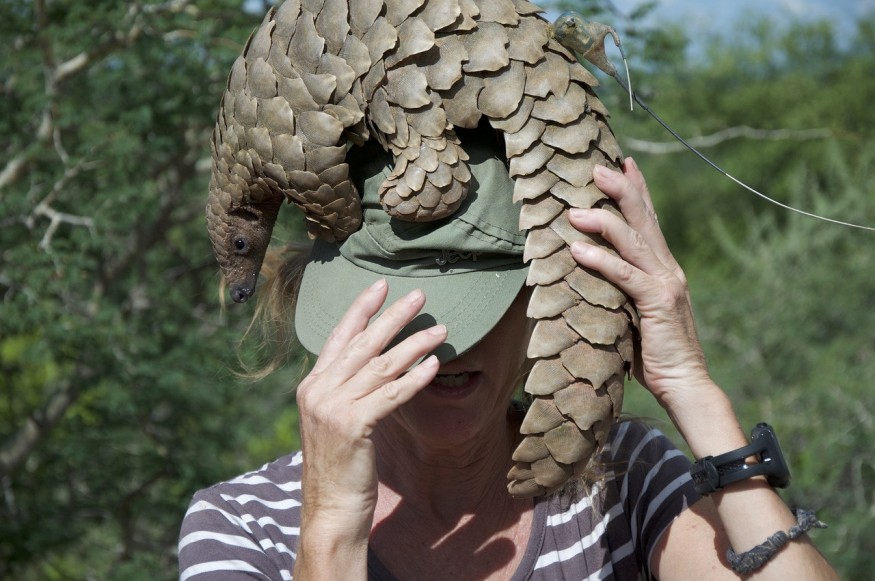Pangolins, the only mammals fully covered with scales, is facing an existential crisis amid human- and climate-related threats, according to an African conservationist.
Ahead of the World Pangolin Day on February 18, the statement was given to highlight the dangers of illegal hunting and extreme weather events related to climate change and global warming.
Sometimes known as scaly anteaters, pangolins (Pholidota) are comprised of a total of eight species, including in Asia and Africa.
In recent years, pangolin population worldwide is declining due to reported excessive hunting and poaching for the meat and scales, for reasons considered by conservationists such as medicinal purposes as illogical.
Pangolins Face Existential Crisis

Edith Kabesiime, a wildlife campaign manager at the World Animal Protection, stated pangolins could be fully driven to extinction in the midst of illegal hunting and the destruction of their natural habitat, as cited by Independent Online (IOL), South Africa's leading news website.
Kabesiime adds pangolins are facing existential crisis and a myriad of welfare problems.
In particular, the animals are forcefully taken from their natural habitats for extraction of their scales under the appearance of meeting demands in the global market for traditional medicine.
Pangolin Population Decline
According to the World Wildlife Fund (WWF), limited knowledge is known about pangolins which makes it difficult to determine their population in the wild.
However, the large demand for pangolin meat and scales, as well as the massive seizure of pangolin scales in 2019 and 2020, shows there is a pangolin population decline.
As mentioned earlier, four pangolin species live in Africa such as the: black-bellied pangolin (Phataginus tetradactyla), giant ground pangolin (Smutsia gigantea), Temminck's ground pangolin (Smutsia temminckii), and white-bellied pangolin (Phataginus tricuspis).
Meanwhile, the four species of pangolin found in Asia are: Chinese pangolin (Manis pentadactyla), Indian pangolin (Manis crassicaudata), Sunda pangolin (Manis javanica), and Philippine pangolin (Manis culionensis).
Pangolin Wildlife Trafficking
The WWF states pangolins are one of the most trafficked mammals in Asia and is similar cases are also increasing in Africa.
Pholidota is in high demand in countries such as China and Vietnam.
In the Americas, there is also a growing demand for their skins for purposes of making leather products.
All eight pangolin species are protected both under national and international laws.
Still, this does not stop the widespread international pangolin illegal trade, which has increased in recent years due to a growing demand.
Over a 10-year period, more than 1 million pangolins were trafficked with a 2019 data showing that a pangolin is poached every 3 minutes, according to the non-profit organization.
World Pangolin Day
The World Pangolin Day is celebrated every third Saturday each year, a moment to give pangolin enthusiasts an opportunity to gather in raising awareness about the unique mammals and their current struggle, according to a non-profit organization of the same name.
The organization said there is a large demand for pangolin scales used for some traditional medicines and its meat is considered a delicacy for some cultures.
© 2026 NatureWorldNews.com All rights reserved. Do not reproduce without permission.





